‘National day of mourning’: Panama marks 1989 US invasion that killed thousands
More than three decades ago, 27,000 American troops, supported by fighter planes, tanks and heavy artillery, invaded the central American country of Panama, killing thousands of people, including women and children.
For the first time this year, the anniversary of the 1989 US invasion to overthrow the government of Manuel Antonio Noriega was marked as the 'Day of National Mourning' in Panama.
President Laurentino Cortizo said on Tuesday in a ceremony attended by about 300 relatives of the victims, government officials, diplomats, soldiers and activists that everyone should pray for the dead and try to move forward.
On the anniversary of the US invasion of Panama, the national flag was shaken between rows of marble plaques in the Garden of Peace cemetery in Panama City, where the remains of dozens of those who died on December 20, 1989, are buried.
The US troops came to depose Noriega, who was wanted by a Miami court on drug-trafficking charges.
Among the dead buried in the Garden of Peace are children like Tomas Palacios, who was only 10 years old when he died.
It is said that at least 200 of the dead were civilians.
“Time has not finished healing this wound,” said Trinidad Ayola, a representative of families who lost loved ones.
Noriega, who ruled from 1983 to 1989, surrendered in January 1990 and was jailed for drug trafficking and the disappearance of dissidents in the United States, France and Panama. After spending some time in prison abroad, he died in Panama in 2017.
In 2018, the Inter-American Commission on Human Rights found the United States guilty of "human rights violations" and ordered it to provide "full reparation."
Survivors have asked Washington to recognize the invasion, compensate the country and provide information about the mass graves.
In March, the Congress of Panama declared December 20 as a day of national mourning.
Efforts to find and exhume victims from mass graves are still ongoing.
Some Panamanians hailed the US invasion as ending two decades of military dictatorship in the country and opening the door to democratic elections.
However, some believe Operation Just Cause failed in 1999 under an international agreement to delay joint US-Panama control of the Panama Canal, which is vital to international trade.
US military forces stormed Panama City with an advertised objective of “restoring democracy and rule of law,” and eventually took Noriega into custody, a former military ruler who is believed to have been a paid operative of the CIA spy agency.
Noriega’s ties to the US government fell apart after he reportedly defied Washington’s operational instructions, which led to the US accusing him of engaging in the narcotics trade. He was arrested in a military invasion and jailed in a US prison.
In December 2007, Panama’s parliament established a commission to investigate how many people were actually murdered during the military assault. However, the effort failed to become law since it required the approval of the country’s president, who has so far refused to sign the bill.
At the time, senior lawmaker Cesar Pardo of the ruling Democratic Revolutionary Party declared the legislative move was in recognition for all those who fell during what he described as a “cruel and unjust” invasion.
The deaths of hundreds of citizens have never been fully explained.
US ‘regime change’ plot in Venezuela: From 2002 Chavez coup to 2026 Maduro kidnapping
Israel launches airstrikes across Lebanon, targeting villages, refugee camp
Gen. Soleimani, architect of the Axis of Resistance, reshaped regional power, deterrence
VIDEO | Protest against US aggression on Venezuela held in Rome
VIDEO | London protesters condemn US aggression against Venezuela
VIDEO | Press TV's news headlines
VIDEO | Against erasure: Palestinians say survival in Gaza affirms their right to land
BBC bars use of ‘kidnapping’ to describe Maduro’s kidnapping


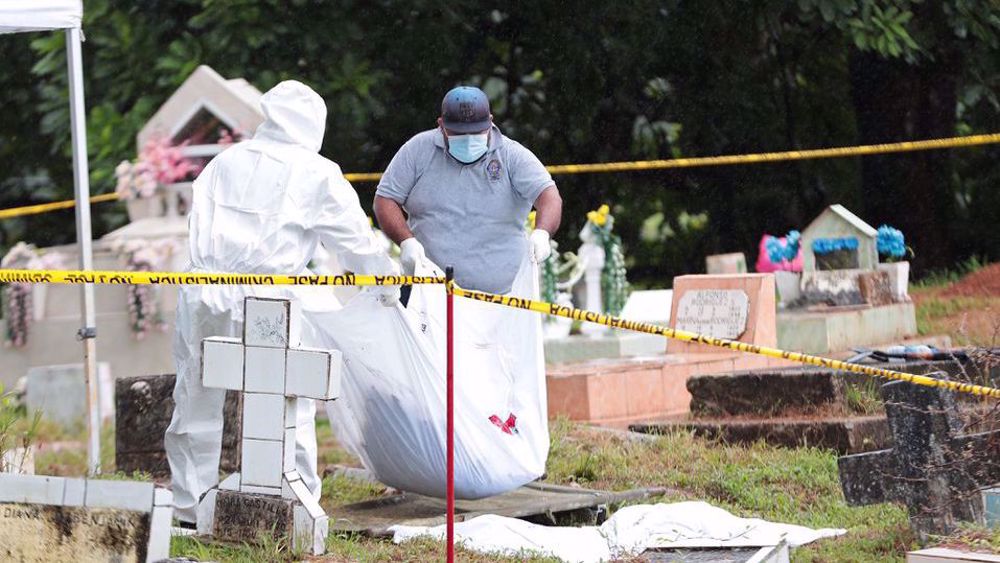
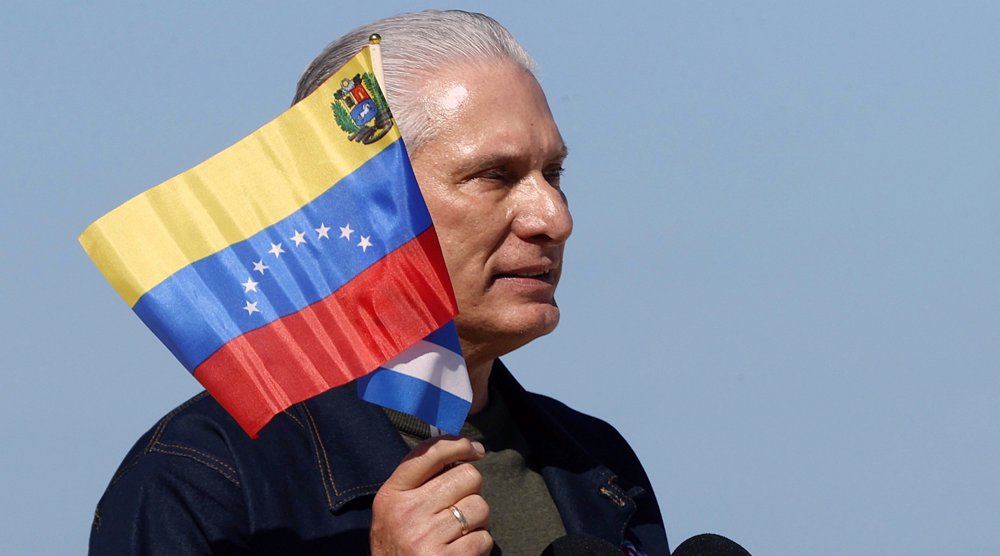





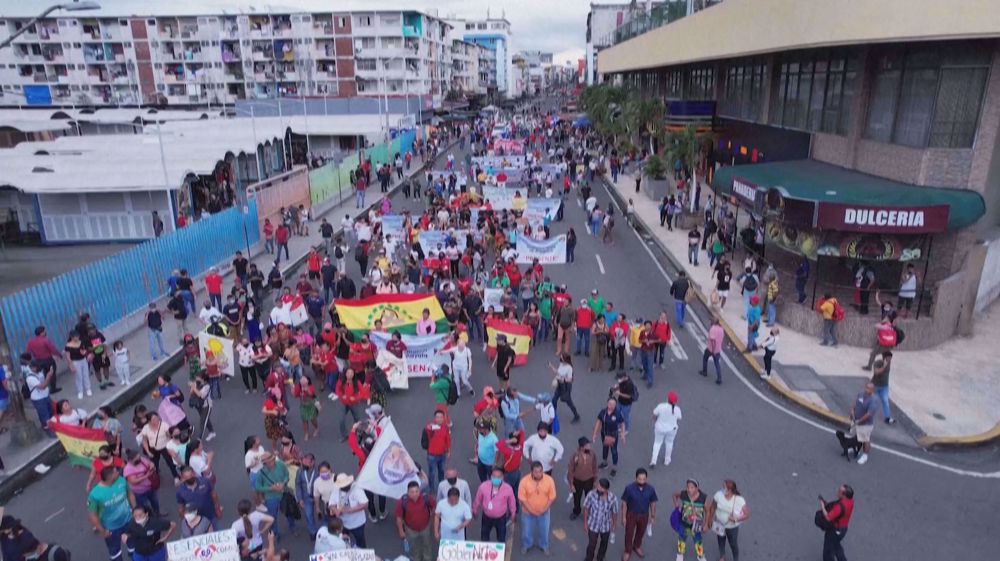
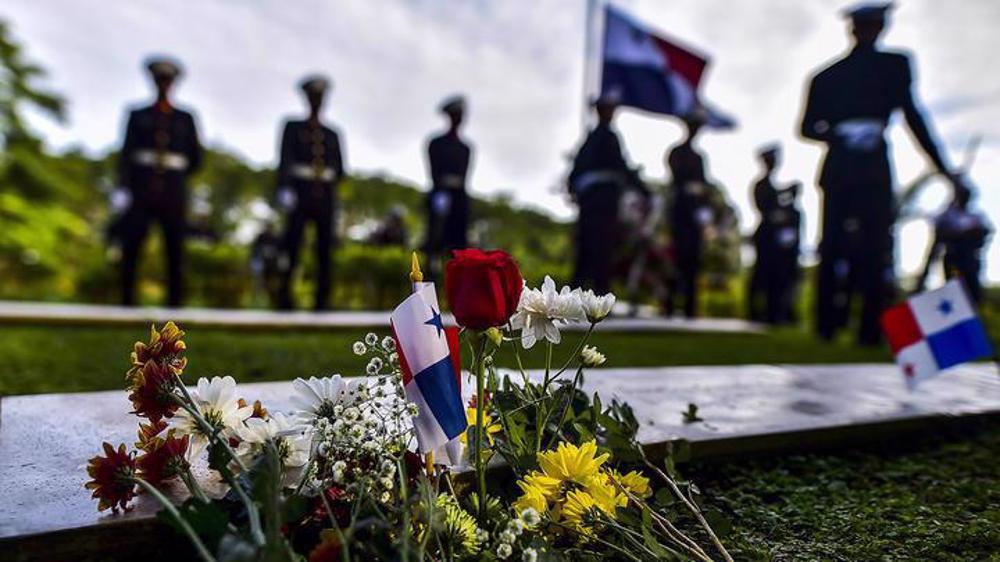
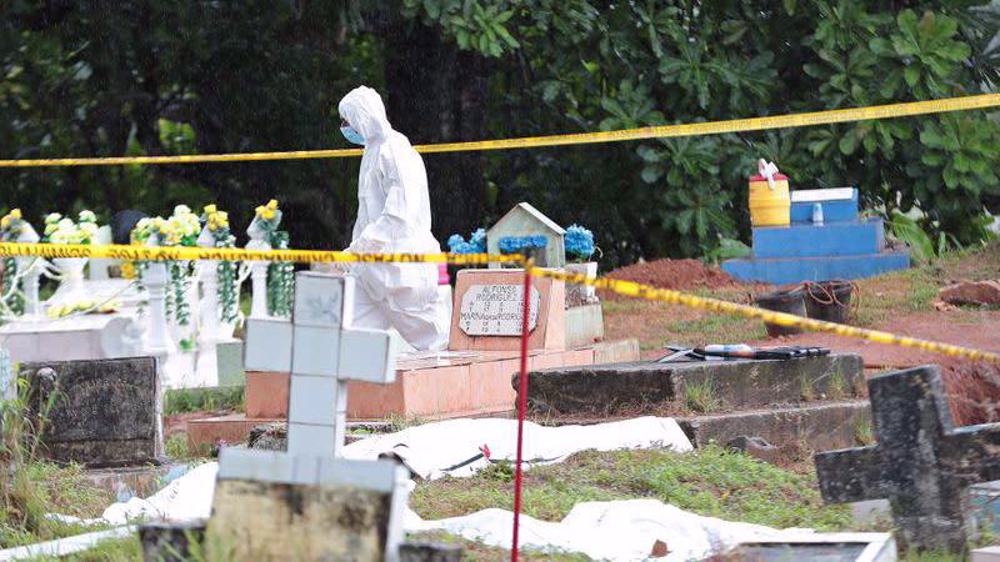
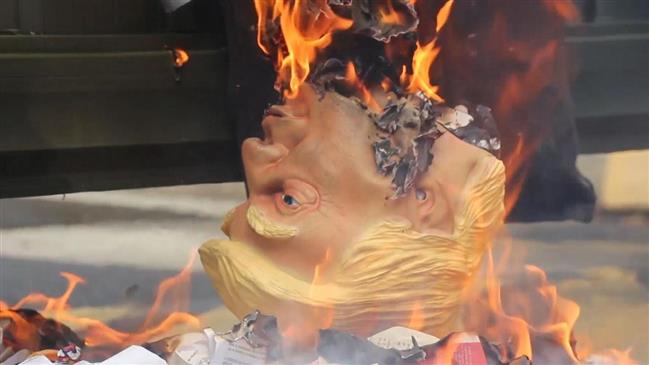

 This makes it easy to access the Press TV website
This makes it easy to access the Press TV website